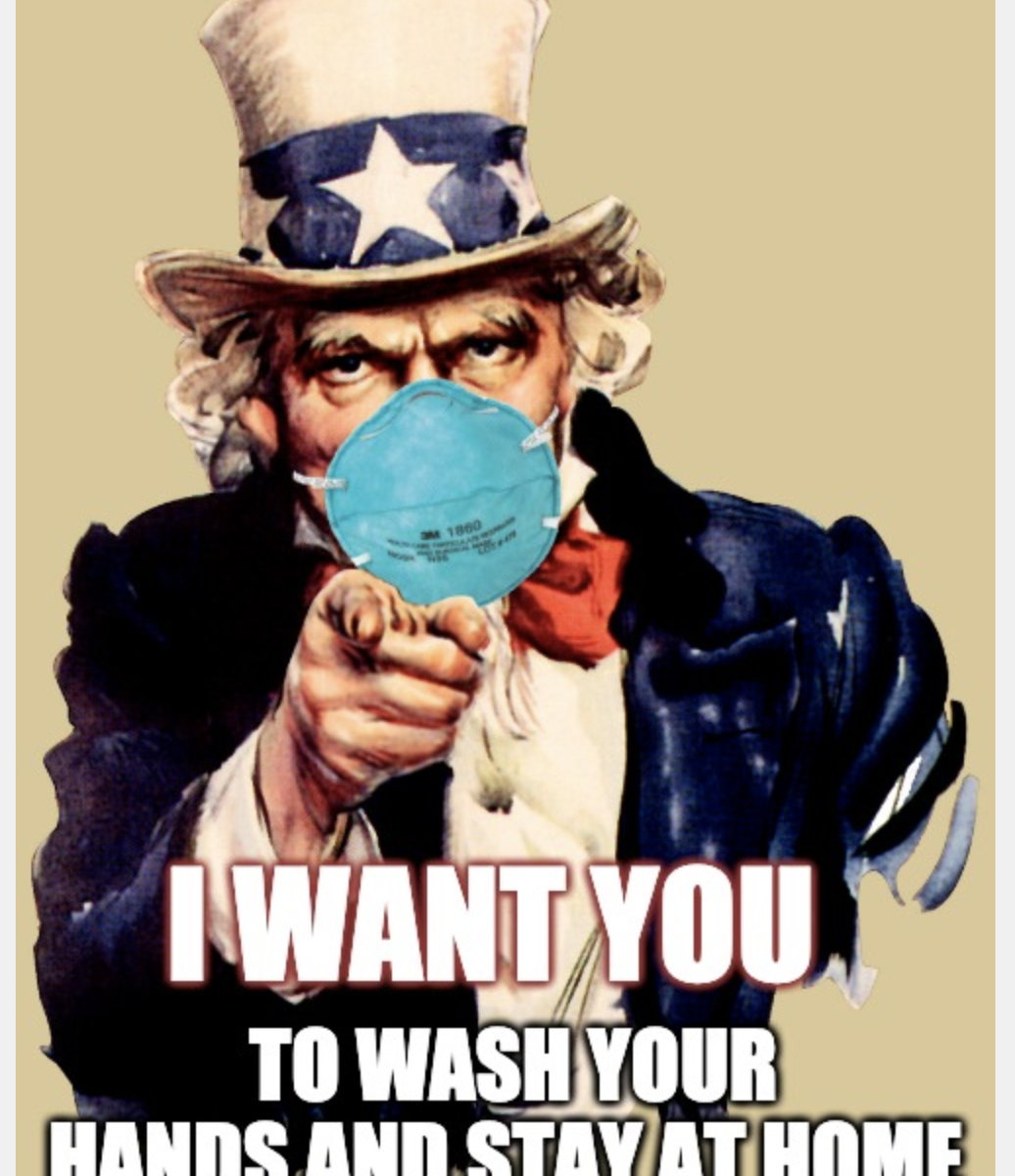A pandemic is not a war.
To call the pandemic a war shows a failure of imagination.
President Trump claimed he is a wartime president. The Governor of North Carolina said, “This pandemic is a war, and we need the armor to fight it.” Finance gurus want to issue coronavirus war bonds. Foreign policy pundits are saying absurd things like, “We need to fight a holding action on the economic front.” The Head of NATO said we are fighting “a common invisible enemy.”
This is nonsense. Wars are intentional actions that deliberately kill human beings. An enemy is a person serving a government. War is a political act involving the conscious decisions of moral agents.
A virus is a force of nature. It has no intentionality. A pandemic has no political agenda. There are no enemies here. There is no one to negotiate with. There will be no peace treaty.
The war metaphor makes us think in nationalistic terms. But a pandemic is a global problem. Nationalism prevents cooperative action. We don’t need a wartime president. We need a global team of scientists and doctors.
The war analogy creates a morbid fascination with body counts. This leads to lame statistical analogies. People have compared pandemic deaths to the numbers killed in wars. The Surgeon General said this will be “our Pearl Harbor moment, our 9/11 moment.”
These comparisons are uninformative. Better comparisons would consider those killed by other infectious diseases, say AIDS or Ebola.
This fascination with body counts implies that that we “win” when the count goes down. But each death represents an infinite loss. Dead people are not tally marks on some perverse scorecard. Instead of counting body bags, let’s talk more about grief, mourning, and resilience.
The myths of war, as I have argued elsewhere, make it seems that a soldier’s death is vindicated by victory and the justice of the cause. But in a pandemic, there is no justification or vindication.
The rhetoric of war also gets infused with patriot and religious language that becomes propagandistic.
When President Trump sent the Navy ship, Comfort, to New York,, he published a patriotic video and tweeted: “With the courage of our doctors and nurses, with the skill of our scientists and innovators, with the determination of the American People, and with the grace of God, WE WILL WIN THIS WAR .”
Again, the idea of a war to be won is absurd. Also absurd is the idea that the grace of God is involved in this, or in any battle. Hurray for the doctors and scientists. But the real work is about healing and mitigation, not about defeating an enemy. This is an unglamorous effort, conducted one person at a time in sick beds and hospitals. The American people don’t need to put on armor or steel themselves for battle. We need to stay home, wash our hands, and wear masks in public.
Unfortunately, our imaginations are infected by militarism. Patriotism is tightly woven around war. We cheer on the war machine, despite morally problematic and endless wars. If the “war” against coronavirus is like the war in Afghanistan, we are in trouble.
Nor do we think enough about peace-building. The pandemic calls for cooperative cosmopolitanism and creative community transformation. Public health is not war. It is peace-work.
War rhetoric has led us astray before. The “war on drugs” created a punitive system of mass incarceration, while thousands continue to die. Drug overdoses killed 67,367 people in 2018. The war on drugs failed because it should not have been a war.
Instead of combat, we needed compassion. People turn to drugs because of pain, depression, or a lack meaning and purpose. The solution to the drug pandemic is a peaceful campaign of caring for those who suffer.
A similar rhetorical shift is needed for the coronavirus. Let’s support the care-givers by giving them the equipment they need. Let’s build inclusive infrastructure to support social-distancing in a time of economic turmoil. Let’s provide compassionate care for those who suffer and grieve. And let’s encourage the wartime president to stay out of the way of cosmopolitan science and the peaceful work of public health.




